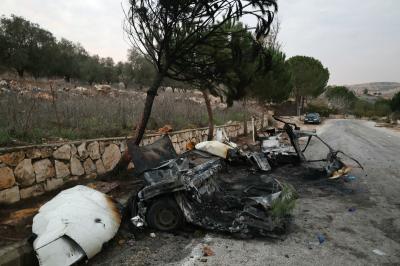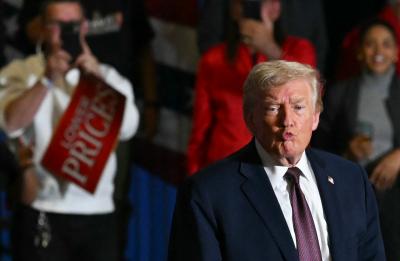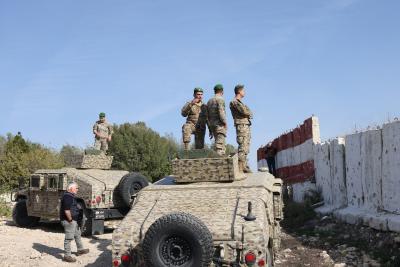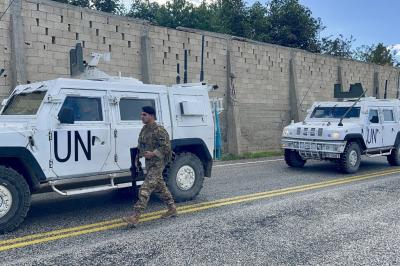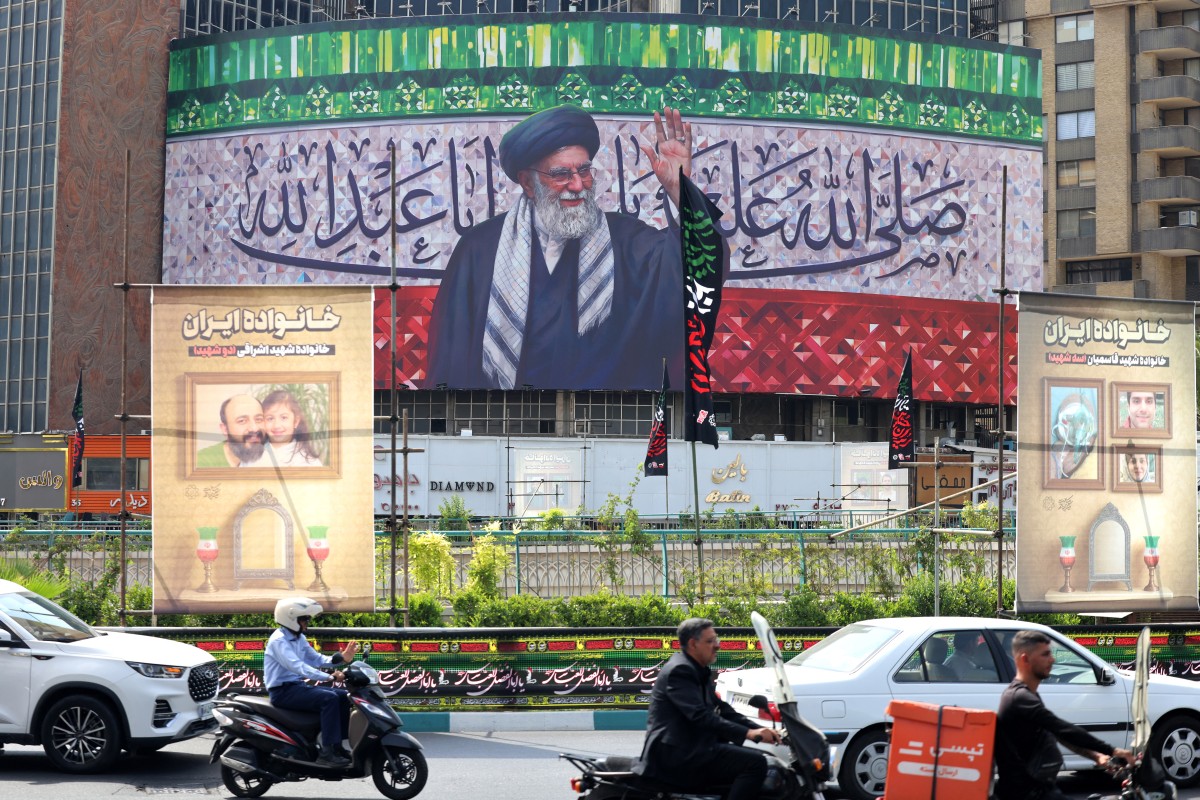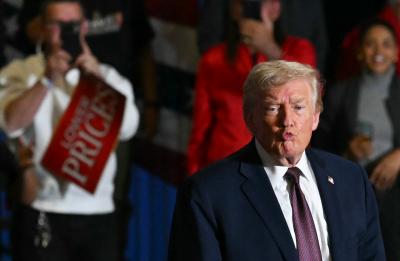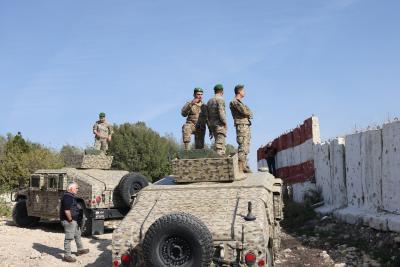Iran’s recent revelation of an Israeli assassination attempt targeting the heads of its executive, legislative, and judicial authorities—along with senior military leaders during a June 16 Supreme National Security Council meeting—was no coincidence. The timing raises new questions: Is Israeli Prime Minister Benjamin Netanyahu preparing to resume his strikes against Iran?
The announcement notably coincided with the 10th anniversary of the 2015 Iran nuclear deal, signed under Democratic President Barack Obama—an accord from which then-President Donald Trump withdrew in 2018. Iran’s decision to disclose the alleged assassination plot appears to be a calculated signal: highlighting the scale of Israel’s efforts to overthrow the regime amid Netanyahu’s military campaign launched just days earlier, on June 13. From Tehran’s perspective, this is a grave escalation—one that hardens its stance and complicates the conditions for any negotiations, which it now equates with surrender following a series of damaging attacks.
While Iran prepares for the possibility of a broader war, Netanyahu and the hawks in his government appear intent on perpetual conflict across multiple fronts. For them, war is not only a strategic tool—it is also a matter of political survival. Netanyahu, currently on trial in three major corruption cases involving bribery, breach of trust, and fraud, has managed to recast himself in the public eye as a wartime leader defending Israel from existential threats. This has earned him public sympathy and diverted attention from his legal troubles. Continued conflict also gives him grounds to request trial delays under the pretext of national security—a political maneuver widely known as the "rally 'round the flag" effect.
A Fragile Pause
The large-scale exchange of strikes between Iran and Israel officially ceased on June 24, but this does not mark the end of the war—only the beginning of a fragile, undeclared truce. And that truce rests on shaky ground, given the deeply rooted existential hostility between the two nations.
While the past two years saw direct military confrontations, the ideological foundations of the Iranian regime—since its 1979 revolution—have been firmly anti-American and anti-Israeli. This enmity was one of the revolution’s driving forces. In Israel, analysts give serious attention to understanding Iran’s historical, religious, and political psyche. There are no illusions in Tel Aviv: Israeli leadership believes that Tehran is fully committed to the destruction of the Jewish state if given the means. Even moderate Israeli politicians have likened the Iranian regime to Nazi Germany—an analogy that has taken hold among the Israeli public and helped boost Netanyahu’s popularity.
Israeli military planners continue to study the balance of powers, to chart strategic objectives, and assess the risks of escalation—all while preparing for the possibility of a protracted conflict.
Strategic Limitations
One of Netanyahu’s greatest vulnerabilities lies in the toll that Iranian missile strikes have taken on Israeli society, which is not equipped to endure a prolonged war of attrition, especially without guaranteed U.S. backing. President Trump, while vocal in his support for Israel, is unlikely to greenlight a drawn-out war against Iran that could destabilize the broader region, jeopardizing American interests.
The recent conflict cost Israel hundreds of millions of dollars per day. Total damages are estimated at $1.5 billion. And Israel won’t foot the bill alone—the U.S. taxpayer would share the burden. Meanwhile, Israel’s economy is still reeling from the war in Gaza, which has already cost over $67 billion.
Netanyahu may be determined to bring down the regime in Tehran, but without direct American support, he will be forced to rely on shadow warfare—the only viable path left.
The New Battlefield: Covert Operations
In this next phase, Netanyahu will aim to stall Iran’s nuclear program—which neither he nor Trump succeeded in halting—as well as its missile, military, and scientific development. The tools: intelligence warfare, sabotage, cyberattacks, bombings, and assassinations. Indeed, a string of explosions has rocked strategic sites in Iran following the informal truce, while Tehran has ramped up its crackdown on Israeli espionage networks.
But Iran is not a passive target. It has its own influence in this shadow war, most notably through Yemen’s Houthi movement (Ansar Allah), which continues to disrupt the Red Sea—a major global shipping route—while also targeting Israel’s strategic depth. Iran is also believed to operate sleeper cells inside Israel itself, prompting Israeli calls for renewed direct strikes—particularly against what they see as the mastermind behind the October 7 attacks.
Netanyahu Pushes for Anti-Houthi Alliance
Israel is now lobbying to form a coalition aimed at launching renewed strikes against the Houthis, arguing that their threat extends beyond Israel and endangers global maritime interests. Yet the proposal faces significant political and logistical hurdles, including strong U.S. objections.
Given these challenges, Israel may be forced to further strengthen its air defense systems, especially as it faces potential shortages in Arrow missiles and ammunition should the war drag on. Strategic, economic, and logistical constraints make managing a long war increasingly difficult, particularly one with unclear or unrealistic objectives. The Israeli public, too, may lose its appetite. While early polling during the war showed overwhelming support (70–85%), that figure dipped to 65% in the war’s final days as material and human losses mounted, according to domestic surveys.
Iran, meanwhile, is unlikely to initiate a full-scale war—but neither is it prepared to return to negotiations. A fierce internal debate is underway in Tehran over the causes and consequences of the conflict, echoing the soul-searching that followed “Hezbollah” and Hamas’ miscalculations in Lebanon and Gaza—errors that brought heavy blows to Iran’s regional standing.
The Verdict
A full-scale war remains unlikely. But the shadow war? That has never stopped. And it’s only growing deeper.
Please post your comments on:
[email protected]
 Politics
Politics
